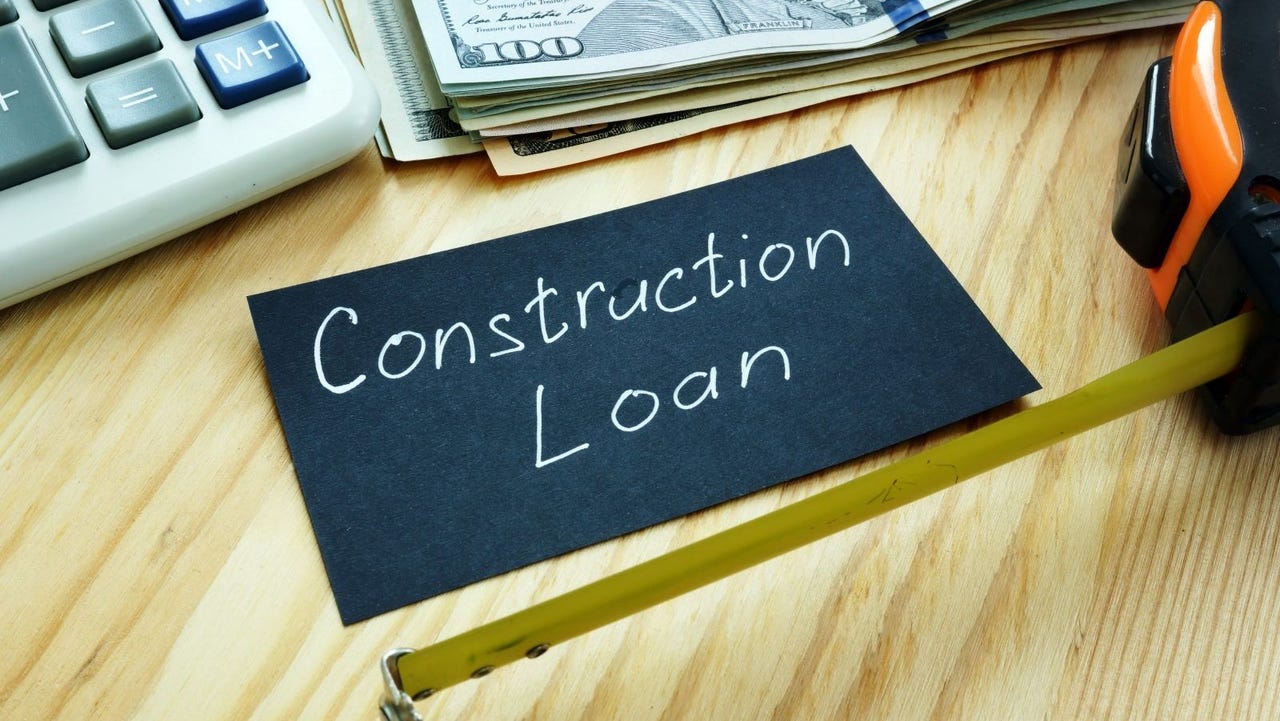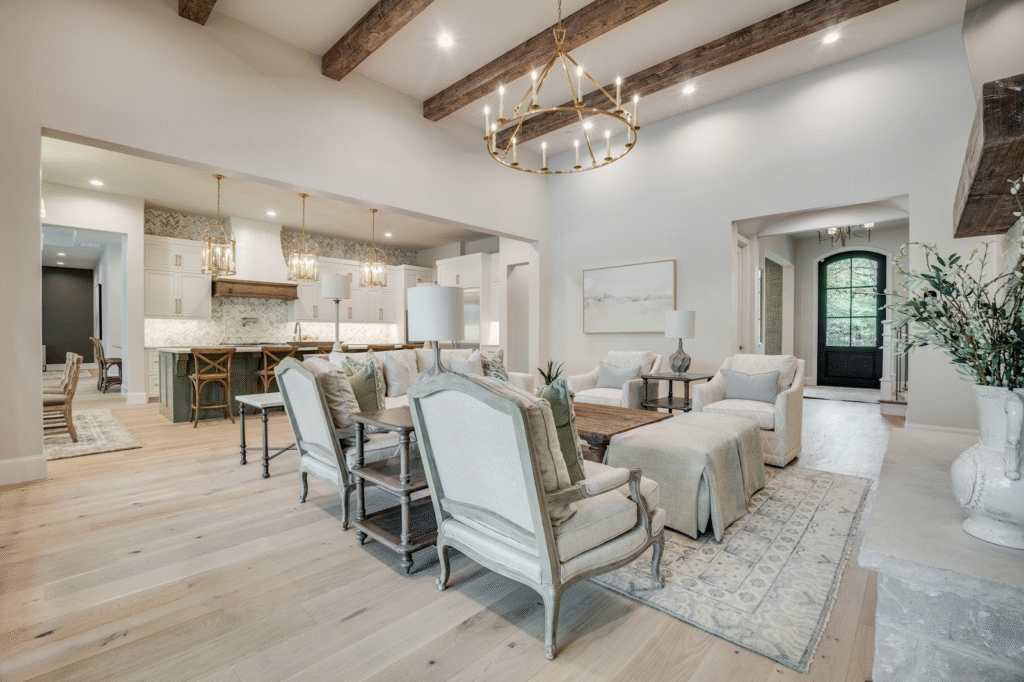
Building a home or undertaking a major property renovation is an exciting journey, but securing the right financing is a crucial first step. Traditional mortgages are not structured for construction projects, which is why construction loans exist. These specialized loans provide funds in stages as your project progresses, ensuring that your building process remains on schedule and financially manageable. Choosing the right construction loan is essential to ensure a smooth construction experience and long-term financial stability.
Understanding Construction Loans
Construction loans are short-term, high-interest loans designed specifically for funding new builds or significant renovations. Unlike traditional mortgages, which provide a lump sum for a completed property, construction loans release funds incrementally in “draws” based on completed milestones. Common milestones include foundation work, framing, roofing, and interior finishes.
This phased approach benefits both borrowers and lenders. Borrowers pay interest only on the amount drawn, reducing early-stage financial burden. Lenders, on the other hand, gain confidence that funds are being used appropriately and that the project is progressing as planned.
Types of Construction Loans
Before selecting a construction loan, it’s important to understand the different types available:
- Construction-to-Permanent Loan – Begins as a short-term construction loan and converts into a traditional mortgage once the project is complete.
- Standalone Construction Loan – Covers only the construction phase, requiring a separate mortgage afterward.
- Renovation Loan – Ideal for homeowners undertaking major upgrades or remodeling projects.
- Owner-Builder Loan – For borrowers acting as their own contractor; these loans carry higher risk and stricter qualification criteria.
Choosing the right type ensures that your loan aligns with your project’s needs, timeline, and financial situation.
Factors to Consider When Choosing a Construction Loan
1. Evaluate Your Financial Situation
Lenders closely review your credit score, income stability, and debt-to-income ratio when considering a construction loan application. A strong financial profile improves your chances of approval and may secure better interest rates. Additionally, construction loans typically require a larger down payment—often 20–25% of the total project cost—so ensure that you have sufficient savings available.
2. Choose a Qualified Builder
Most lenders require that a licensed and experienced contractor be involved in the project. A reputable builder ensures that construction is completed on time and within budget. Borrowers who act as their own contractors face stricter scrutiny and may have limited loan options. Selecting a qualified builder not only aids in loan approval but also contributes to the overall success of your project.
3. Compare Interest Rates and Terms
Construction loans often come with higher interest rates compared to traditional mortgages due to the increased risk. When evaluating lenders, consider:
- Fixed vs. variable interest rates
- Draw schedules and disbursement timing
- Additional fees, such as inspection or origination charges
Comparing multiple lenders ensures you select a loan with favorable terms that align with your financial plan.
4. Plan for Contingencies
Construction projects are prone to unexpected costs or delays. Weather, supply shortages, and labor challenges can impact timelines and budgets. It’s wise to include a contingency fund of 10–15% of your project cost to manage these risks effectively. Lenders often appreciate borrowers who plan for such uncertainties.
5. Understand Lender Requirements
Each lender has specific criteria for construction loans, including documentation, project plans, and contractor qualifications. Familiarize yourself with these requirements before applying to avoid delays or rejections. Being well-prepared demonstrates professionalism and increases your likelihood of approval.
Conclusion
Choosing the right construction loan requires careful evaluation, preparation, and planning. By understanding the types of loans, assessing your financial health, selecting a qualified builder, comparing terms, and planning for contingencies, you can secure financing that supports your project from start to finish.






